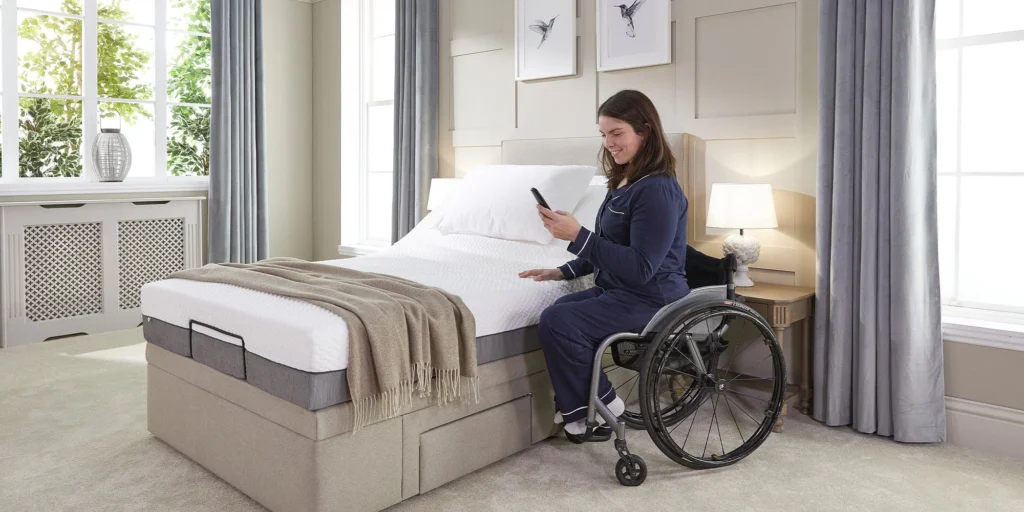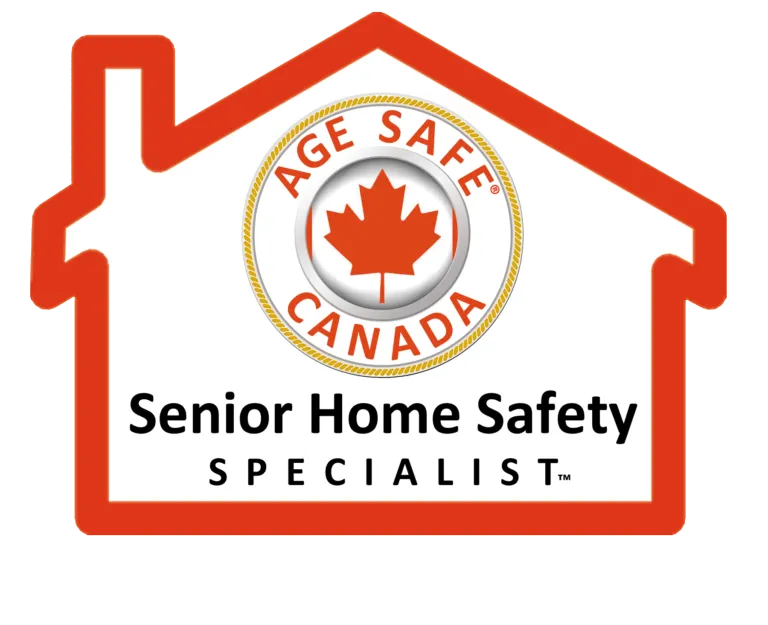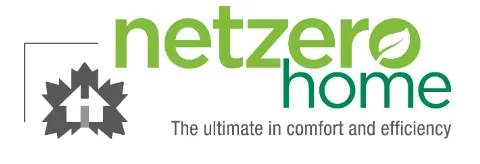As seniors age, maintaining independence and comfort in their own homes becomes increasingly important. Home modifications, especially for disabilities, can help seniors live safer, more comfortable, and independent lives. Making modifications to a home can have a significant impact—enhancing safety, improving mobility, and providing peace of mind. These changes not only add convenience but are essential for seniors to live more fulfilling lives.

The Importance of Home Modifications for Seniors
As seniors age, they often face challenges such as mobility limitations, visual impairments, or cognitive changes that can make their homes less accessible. Simple yet effective home modifications can greatly improve safety, accessibility, and independence. These changes can be as straightforward as installing grab bars, widening doorways, or enhancing lighting. They help reduce the risk of falls, improve daily tasks, and allow seniors to continue living in their own homes longer.
Home renovations can be tailored to meet the specific needs of each individual, ensuring that solutions are effective and personalized.
Enhancing Mobility and Accessibility
Improving mobility is a primary goal of home modifications. Many seniors struggle with tasks like walking long distances, climbing stairs, or getting in and out of vehicles. Modifications like stairlifts, ramps, and walk-in bathtubs offer practical solutions to these challenges.
- Stairlifts: Allow seniors to easily move between different levels of their homes without the need to climb stairs.
- Ramps: Replace steps at entrances, enabling easier access for those using walkers, wheelchairs, or scooters.
- Wider Doorways: Essential for seniors who use mobility aids, ensuring they can freely navigate their homes.
- Wheelchair-friendly appliances: Modifying kitchens and bathrooms with lower countertops or accessible appliances makes tasks more manageable for those using wheelchairs.
These modifications can significantly improve mobility, reduce stress, and allow seniors to live more independently.
Safety and Fall Prevention
Falls are a serious concern for seniors, particularly in areas like bathrooms where slippery surfaces pose a hazard. Home modifications focused on fall prevention can reduce this risk and increase safety throughout the home.
- Grab Bars: Installed in bathrooms, near toilets, and in showers, these bars provide support to help maintain balance and prevent falls.
- Non-slip Flooring: Installing slip-resistant flooring in high-risk areas, such as bathrooms, kitchens, and hallways, is crucial in preventing falls.
- Motion-sensing Lights: Adding motion-activated lighting in hallways, staircases, and entryways ensures that seniors can safely navigate their homes, even during the night.
By improving safety features and fall prevention, seniors can move around their homes with more confidence and less risk of injury.
Enhancing Independence with Smart Home Technology
Technology plays a key role in improving the quality of life for seniors. Smart home devices make it easier for them to perform everyday tasks, even if mobility is limited.
- Voice-controlled Assistants: Devices like Amazon Alexa or Google Home allow seniors to control lights, thermostats, or appliances without having to move. They can also provide reminders for medications, appointments, and daily activities.
- Smart Home Security: Security systems can help seniors monitor their homes remotely, lock doors, or even check cameras for added peace of mind.
- Automated Lighting and Climate Control: Automating lighting and climate settings ensures that seniors can stay comfortable and secure with minimal effort.
Smart home technology not only helps with daily tasks but also offers increased security and peace of mind for seniors living alone or with limited mobility.
Addressing Cognitive and Visual Impairments
For seniors dealing with cognitive impairments, such as dementia or Alzheimer’s disease, home modifications can create a safer, more navigable environment.
- Visual Aids: Installing brighter lighting in key areas helps seniors with visual impairments to see obstacles and navigate more safely.
- Contrasting Colors: Using contrasting colors for doors, stair edges, and other key features helps seniors with cognitive impairments identify potential hazards more easily.
- Labeling Cabinets and Drawers: For those with memory challenges, labeling cabinets and drawers can make it easier to identify items and maintain independence.
These modifications help seniors with cognitive or visual impairments feel safer and more in control of their environment.
Increasing Social Engagement and Emotional Well-being
Home modifications can have a profound impact on a senior’s emotional and social well-being. When seniors feel safe and comfortable, they are more likely to stay engaged with their community, maintain social connections, and avoid isolation.
- Comfortable Social Spaces: Modifying living rooms, dining areas, and outdoor spaces to accommodate social gatherings can encourage seniors to entertain family and friends, enhancing their emotional health.
- Encouraging Hobbies and Activities: With a home tailored to their needs, seniors are more likely to participate in hobbies and activities, keeping them mentally stimulated and emotionally fulfilled.
By modifying their homes to fit their needs, seniors are empowered to maintain social connections, which can reduce feelings of isolation and improve their emotional health.
Financial Considerations and Support
Home modifications may seem like a financial burden, but they are an investment in the senior’s long-term health and independence. By staying in their own homes, seniors can avoid the high costs of moving to assisted living or nursing facilities.
- Preventing Costly Medical Bills: Modifications that reduce fall risks or improve mobility can prevent costly medical emergencies and hospital visits.
- Financial Assistance: Several financial programs and grants are available to assist seniors with home renovations. These programs, offered through local governments, Medicaid, and non-profit organizations, can help offset the costs of making homes more accessible.
By investing in home modifications, seniors can enjoy a higher quality of life while also saving money in the long run.
Why Choose Adaptive Living?
At Adaptive Living, we understand the importance of home modifications in enhancing the quality of life for seniors. Our team is dedicated to providing personalized solutions that improve safety, mobility, and comfort in the home.
Whether it’s installing ramps, upgrading bathrooms, adding smart home technology, or improving accessibility, we work closely with our clients to create spaces that promote independence and well-being. We ensure that every modification is tailored to meet the unique needs of each individual.
By choosing Adaptive Living, you’re investing in a more independent, fulfilling life for yourself or your loved one. Let us help you transform your home into a space that supports your lifestyle with dignity and ease.



